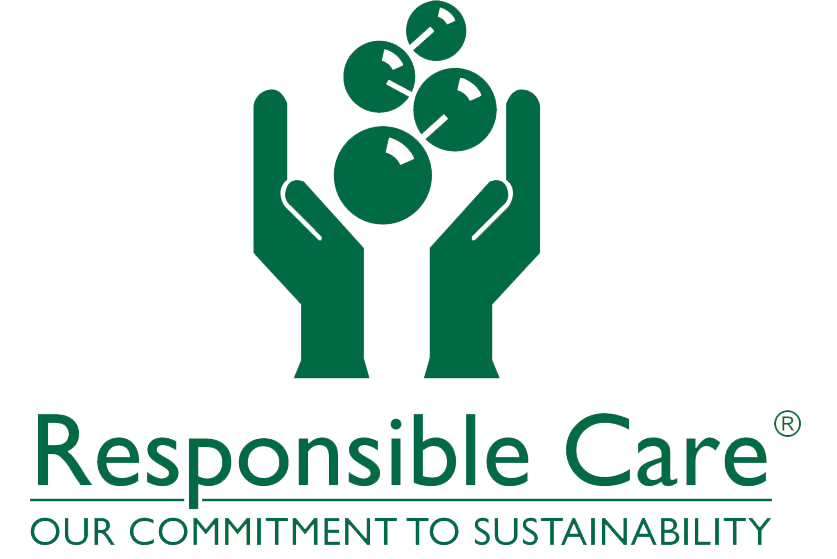About Responsible Care®

Responsible Care® is a global initiative of the chemical industry worldwide. It is a voluntary commitment for continuous improvement in health, safety and environmental (HSE) performance in production process and through manufactured products for the benefit of the whole of society.
Responsible Care® is both an ethic and a commitment intended to build trust and confidence in an industry that is essential to improving the living standards and quality of life.
Now 63 national chemical associations are members of the global family of RESPONSIBLE CARE.
The programs in different countries vary, however their implementation is monitored and coordinated at the global level by the Responsible Care Leadership Group (RCLG) - the group of national associations that implement RESPONSIBLE CARE to the International Council of Chemical Associations (ICCA).
ICCA is committed to the implementation of RESPONSIBLE CARE as broadly as possible within the chemical and allied industries. The initiative continues to expand to new regions and companies, fostering capacity building, sharing health, safety and environmental information. Additionally, Responsible Care is engaged with a vast range of community activities in the field of nature protection, programmes for schools and implementation of the relevant legislation.
The European Chemical Industry Council (Cefic) is responsible for the group of EU member states participating in Responsible Care. Cefic is the voice of 29,000 large-, medium- and small-sized chemical companies in Europe, which provide 1.3 million jobs and account for one-third of world chemicals production. Cefic represents its members and interacts daily on their behalf with international and EU institutions, non-governmental organizations, the international media and other stakeholders.
RESPONSIBLE CARE CORE PRINCIPLES
Responsible Care commits companies, national chemical industry associations and their partners to:
- Continuously improve the environmental, health, safety and security knowledge and performance of our technologies, processes and products over their life cycles so as to avoid harm to people and the environment.
- Use resources efficiently and minimise waste.
- Report openly on performance, achievements and shortcomings.
- Listen, engage and work with people to understand and address their concerns and expectations.
- Cooperate with governments and organisations in the development and implementation of effective regulations and standards, and to meet or go beyond them.
- Provide help and advice to foster the responsible management of chemicals by all those who manage and use them along the product chain.
The NATIONAL GUIDING PRINCIPLES are based on these Global RC Core Principles, to which the National Associations abide through DECLARATIONS OF SUPPORT for RESPONSIBLE CARE.
RESPONSIBLE CARE GLOBAL CHARTER
The Responsible Care Global Charter (2007) gave a strong impetus to the proper positioning of Responsible Care. Updated in 2014, the Global Charter addresses ongoing stakeholder expectations and evolving challenges and enables industry to speak with one voice about its global commitments. As of November 2018, the 2014 Global Charter was signed by more than 590 chemical companies, which aims to achieve more through a commitment in:
- Corporate Leadership Culture
- Safeguarding People and the Environment
- Strengthening Chemicals Management Systems
- Influencing Business Partners
- Engaging Stakeholders
- Contributing to Sustainability
THE EIGHT FUNDAMENTAL FEATURES OF RESPONSIBLE CARE
Companies’ activities are based on the implementation of the Eight fundamental principles of Responsible Care:
- commitment by the company management
- Use of the RESPONSIBLE CARE LOGO
- a series of codes, guidance notes and checklists to assist companies to implement the commitment
- the progressive development of Indicators of Performance
- an ongoing process of communication on HSE with interested parties
- mutual exchange of experiences
- increasing the members of the Bulgarian family of RESPONSIBLE CARE
- systematic verification procedures